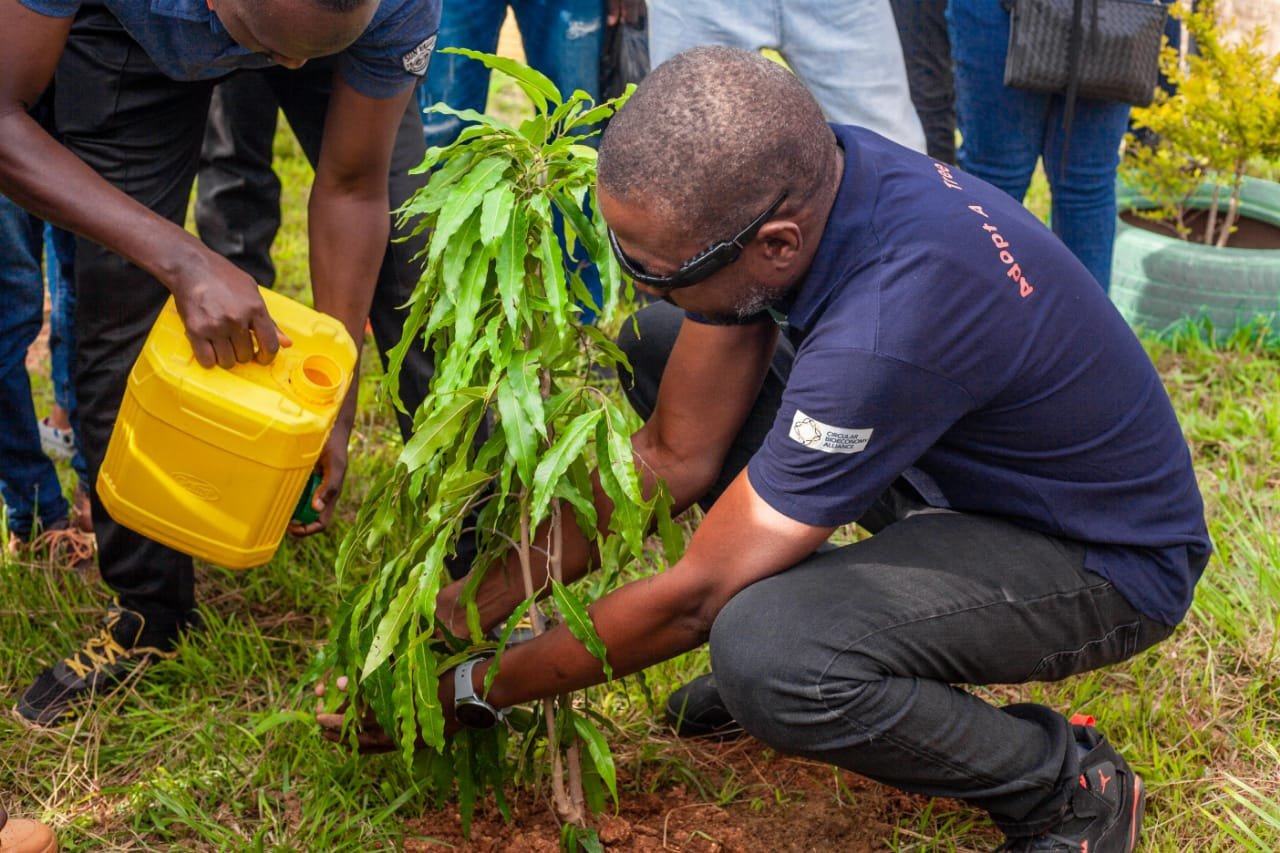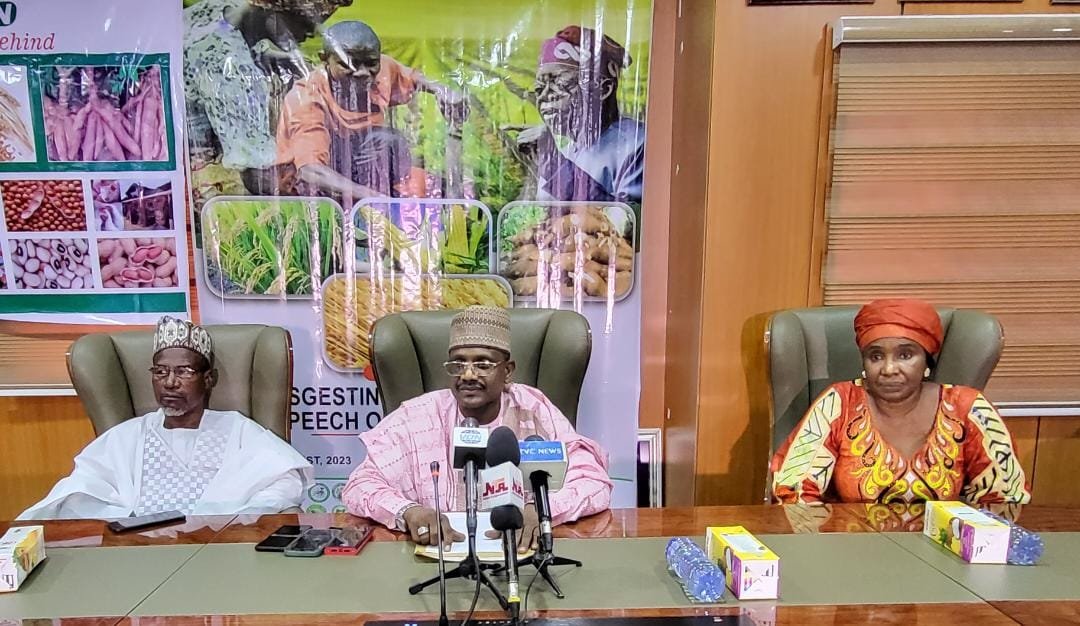Climate Change: Green Sahara Farms plants 386,000 trees – MD
By Tosin Kolade The Green Sahara Farms (GSF) on Wednesday announced that it had planted 386,000 trees in some communities to manage the impact of climate change in the country. The Managing Director of the farm, Mr Suleiman Dikwa, who said this while unveiling the Environment Social Governance (ESG) PrinciplesContinue Reading
















